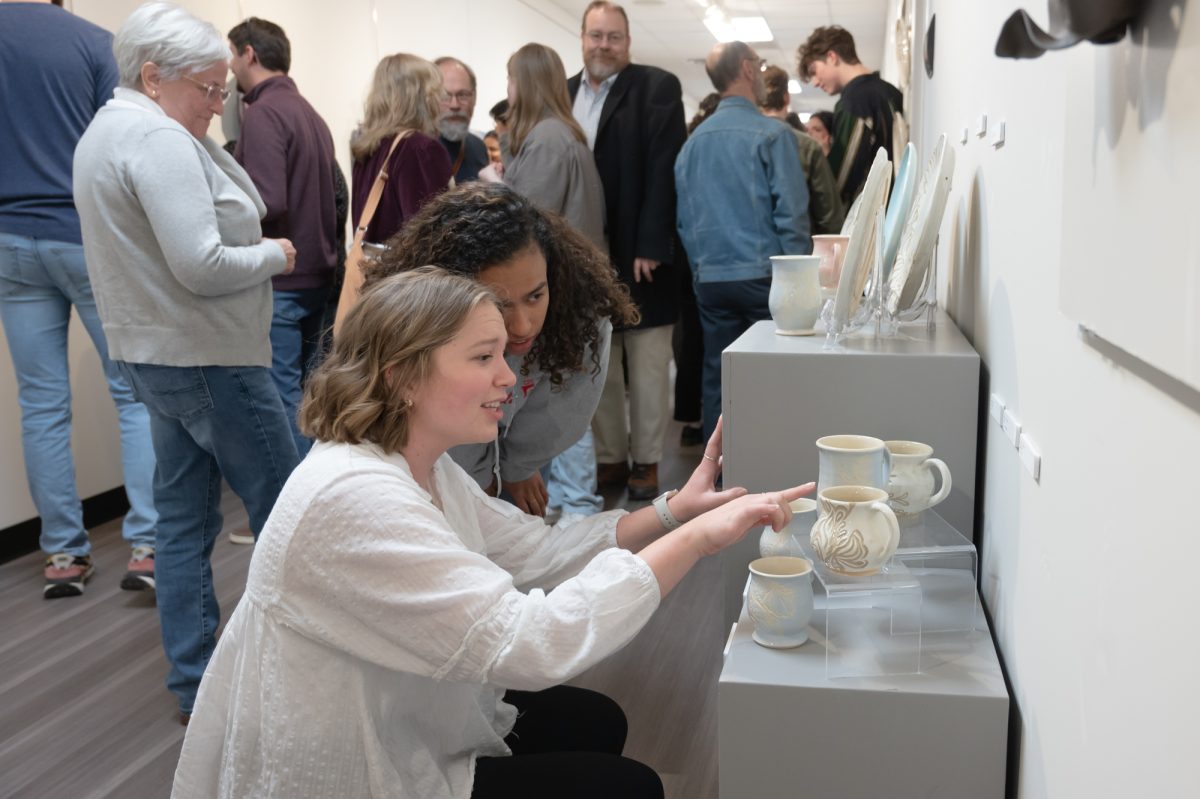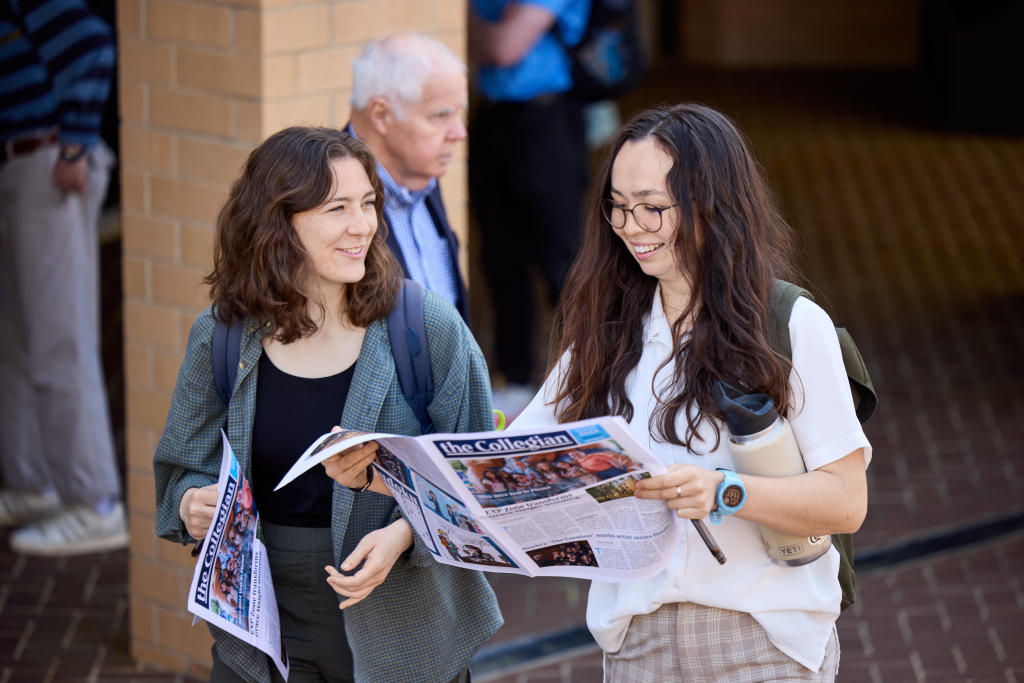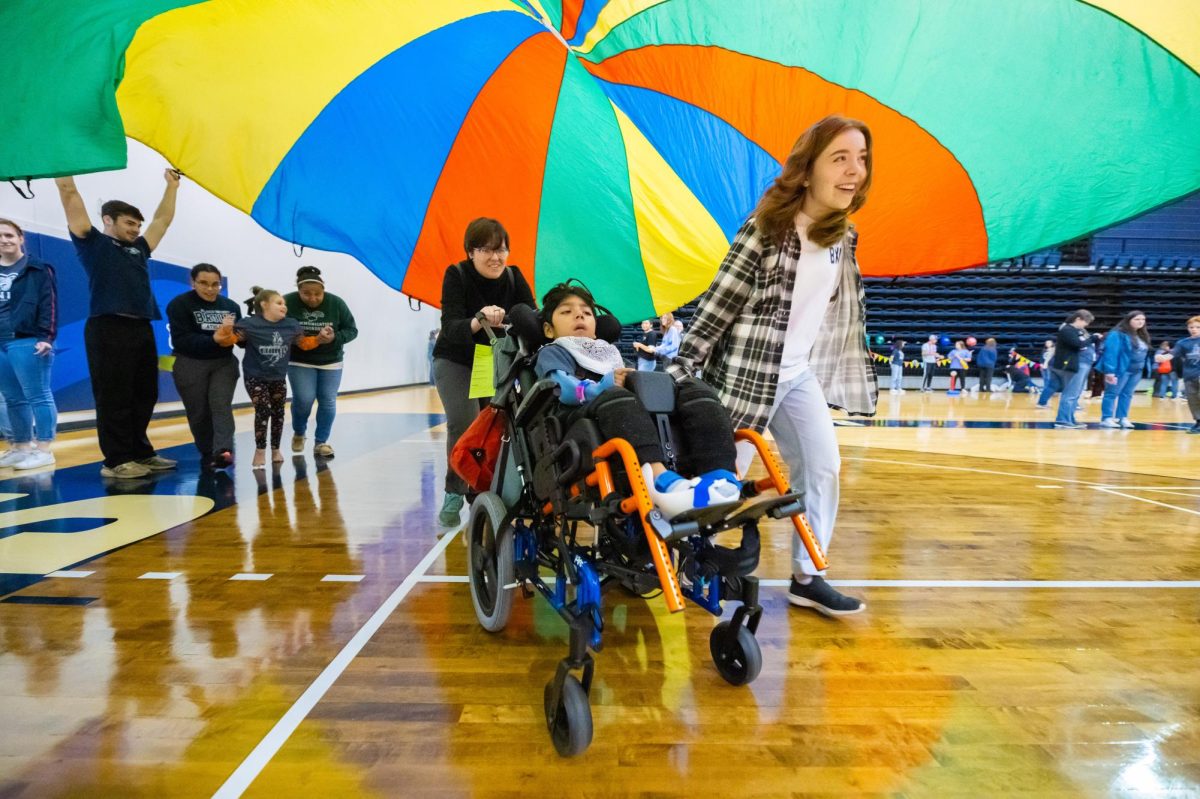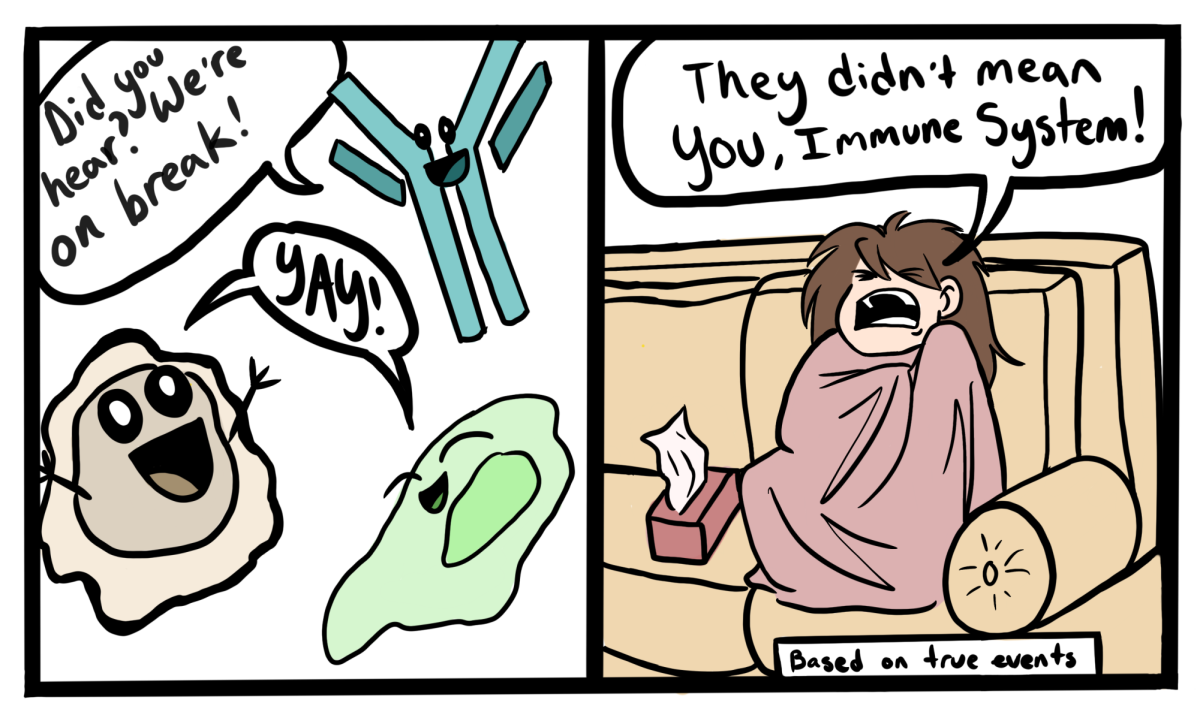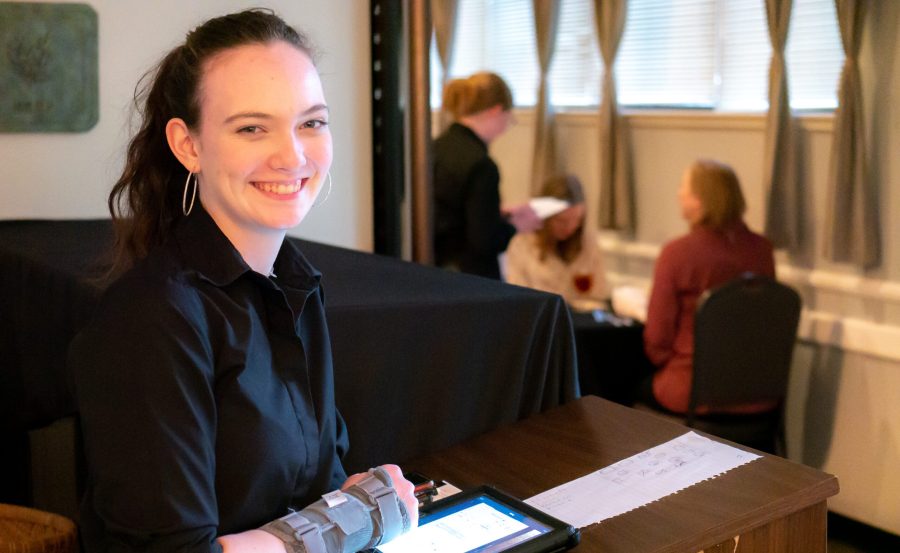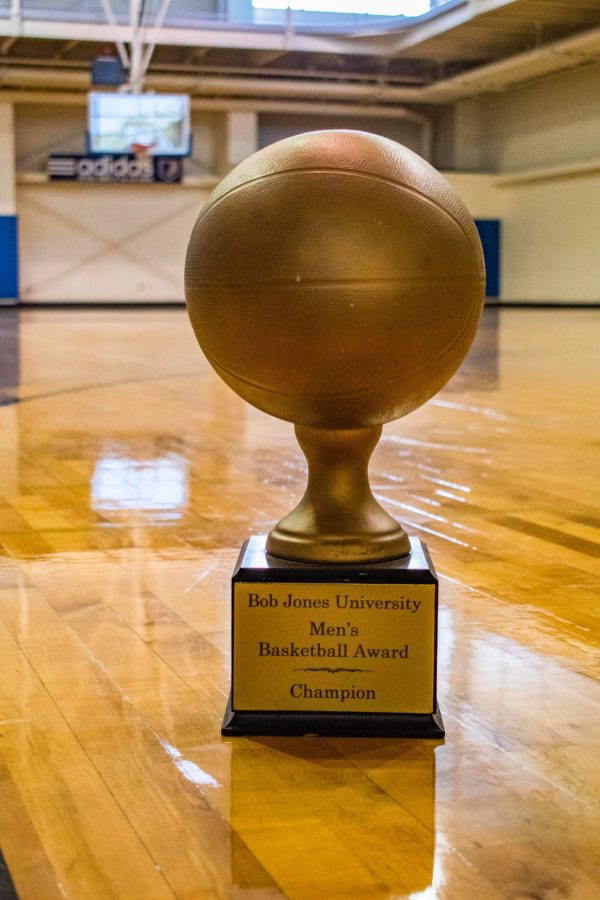As just about every student will agree, the halfway point of the semester can be a challenging time.Projects and tests seem to have reached their peak, and the end of the semester seems far away.
But now that midpoint evaluations are complete and midterm grade reports have been released, many students find themselves wanting to readjust or refine their academic habits for a variety of reasons.Midterm reports are intended to supply students with a status report—an analysis of their performance in each of their academic courses.
These reports give students an idea of how effective their current study practices are so that they can adjust them accordingly, if needed.
Jane Smith, director of Career Services, said these midterm grades are not permanent.“You still have half a semester to improve your grade so don’t give up just because it’s a grade lower than what you want it to be,” she said. “Instead, you should let it motivate you to find ways to improve your grade.”
According to Smith, the first step to improving a grade is to figure out why it is low in the first place. Once the root of the problem is found, the issue is much easier to fix.Some students may find themselves pleased with their midterm grades.In those cases, Smith encouraged students to keep up with what they are doing and to make sure they balance their study habits with fun activities.
Study groups are student-led and are available for several courses.
Smith said study groups can be helpful because other students may call attention to certain items that may have been overlooked.
Rebecca Weier, director of first-year experience, said, “I recommend students think about how they have been studying and evaluate what is working and what is not working.”
Once students have figured out which subjects require their attention, they should develop an action plan to improve their performance. Weier encouraged students to drop by the writing center whether or not they are struggling because everyone can benefit from having their papers proofread.
She also recommends joining a study group or asking other students who are doing well in the class for study tips.
Phil Adams, a first-year adviser and academic coach, stressed the importance of dedication. He said students need to be willing to put time into their courses.
Adams recommends students practice active reading and studying.
This method requires students to pay attention and think over material as they read instead of just looking at their notes.
Adams mentioned a book used in the freshman seminar classes, Teach Yourself How to Learn by Saundra Yancy McGuire and Stephanie McGuire. He said the study habits recommended by the book are very helpful.
Adams also suggests trying to reteach the material to yourself or a friend in the class.
This strategy allows students to figure out how much they know about the topic they are studying and helps them determine which content they need to study further. Additionally, Adams thinks it’s helpful for students to speak with their professors about their midpoint evaluations so they can determine opportunities for improvement.
Visiting a faculty member during their office hours or scheduling a meeting with them is a great way to establish new strategies to improve your success in the class. Faculty members typically include a list of their office hours on the course syllabus. They are eager to help students learn and master course content.
Adams said, “There’s nobody better to help you succeed in the class than the person teaching the class.”
Dr. Renae Wentworth, dean of the College of Arts and Sciences, said that faculty members can give students specific study tips and advice because the teacher is the person who knows the class best.
Wentworth also recommended studying in a quiet environment and putting away anything that could be distracting, such as cell phones. “It is difficult to study if your attention is divided,” she said.
Wentworth encourages students to be dedicated in their studies. “The Lord expects us to do our best with whatever He has put before us,” she said.
In addition to visiting professors and evaluating their study habits, students should also take advantage of the Academic Resource Center. This center, located on the second floor of the Alumni Building, offers a variety of free programs to help students succeed, including online tools, study group sessions and a writing center.
To explore the various services the Academic Resource Center offers, visit success.bju.edu.

